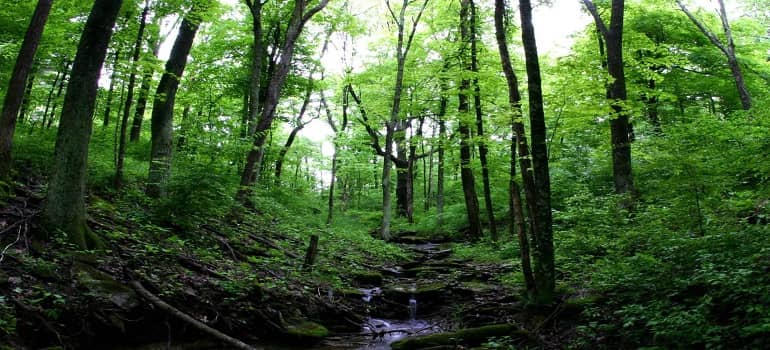CSR arm of JSW Group Revitalizes Coastal Ecosystems and Empowers Local Communities through Innovative Livelihood Initiatives
JSW Foundation, the Corporate Social Responsibility (CSR) arm of the renowned $23 billion JSW Group, is making significant strides in its ongoing mangrove restoration project in Raigad district. The foundation’s efforts have resulted in the planting of over 2 million saplings, with an impressive survival rate of over 70%. This remarkable achievement has helped restore and cover a vast expanse of 380 hectares of land, fostering a thriving ecosystem that holds immense ecological significance.
Mangroves, vital salt-tolerant forest ecosystems found in tropical and subtropical inter-tidal regions worldwide, play a crucial role in preserving biodiversity. Acting as a natural shield between terrestrial and marine ecosystems, these coastal habitats provide a protective barrier against calamities like storms and tsunamis. Moreover, they offer a plethora of economic resources to coastal communities and a myriad of benefits to nearby residents.
Since 2016, JSW Foundation has been tirelessly working to nurture this bio-shield, aiming to:
- Prevent erosion of land and maintain soil quality to arrest the loss of fertility.
- Develop habitats for various species of fauna, including fish, prawns, molluscs, crabs, reptiles, and birds.
- Integrate a ‘Livelihoods’ approach to restore the mangroves, generating alternate livelihoods for coastal communities.
The program’s uniqueness lies in its emphasis on empowering nearby coastal communities through various means. More than 2000 women from over 200 Self Help Groups have actively participated in seed collection, jute bag preparation, nursery management, and field plantation. These women have not only earned income through project activities but have also developed a profound understanding of the importance of mangroves in their surroundings, collectively earning close to INR 5 Crores in the process. By offering training on tailoring and other value-added products, women have seen their livelihoods further enhanced.
The native fishermen communities have also been empowered through the utilization of community ponds as sources of livelihood. These ponds, developed for fish farming, have been actively maintained and improved by the fishermen themselves, enhancing both ecological and economic aspects of their lives. The nutrient-rich soil extracted from the excavation of these ponds has been effectively used to construct embankments and enrich adjoining fields, supporting sustainable farming practices.
The project has successfully promoted livelihood diversification through initiatives such as pisciculture, crab-fattening, home-based poultry farming, and composite farming, generating additional income streams for the local communities while encouraging sustainable economic opportunities.
Mr. Ashwini Saxena, CEO of JSW Foundation, expressed his satisfaction with the project’s impact, stating, “The ongoing mangrove restoration & conservation project at Dolvi, Taluka Pen in Raigad district of Maharashtra state is a reiteration of our commitment to the environment and people. The impact of the mangrove restoration project has been very encouraging for us. Environment management needs to be closely linked to the immediate as well as long-term needs of the communities around for sustenance and the traditional symbiosis that needs to be upheld.”
Furthermore, to amplify awareness about Mangroves, the Foundation actively commemorates World Mangroves’ Day on the 26th of July each year. Sensitization sessions, drawing competitions in schools, internal communications on mangrove importance, and sessions with representatives from the Mangroves’ Cell have been key activities conducted over the past five years to raise awareness and promote the sustainable management and conservation of mangroves. These interventions collectively aim to restore mangrove ecosystems, empower local communities, and promote the sustainable management and conservation of mangrove resources.
The successful implementation of the JSW Foundation’s mangrove restoration project serves as a shining example of how community engagement and sustainable livelihoods can lead to impactful environmental conservation. The positive outcomes not only enhance the mangrove ecosystem but also uplift the lives of local communities, creating a harmonious coexistence between nature and humanity.


